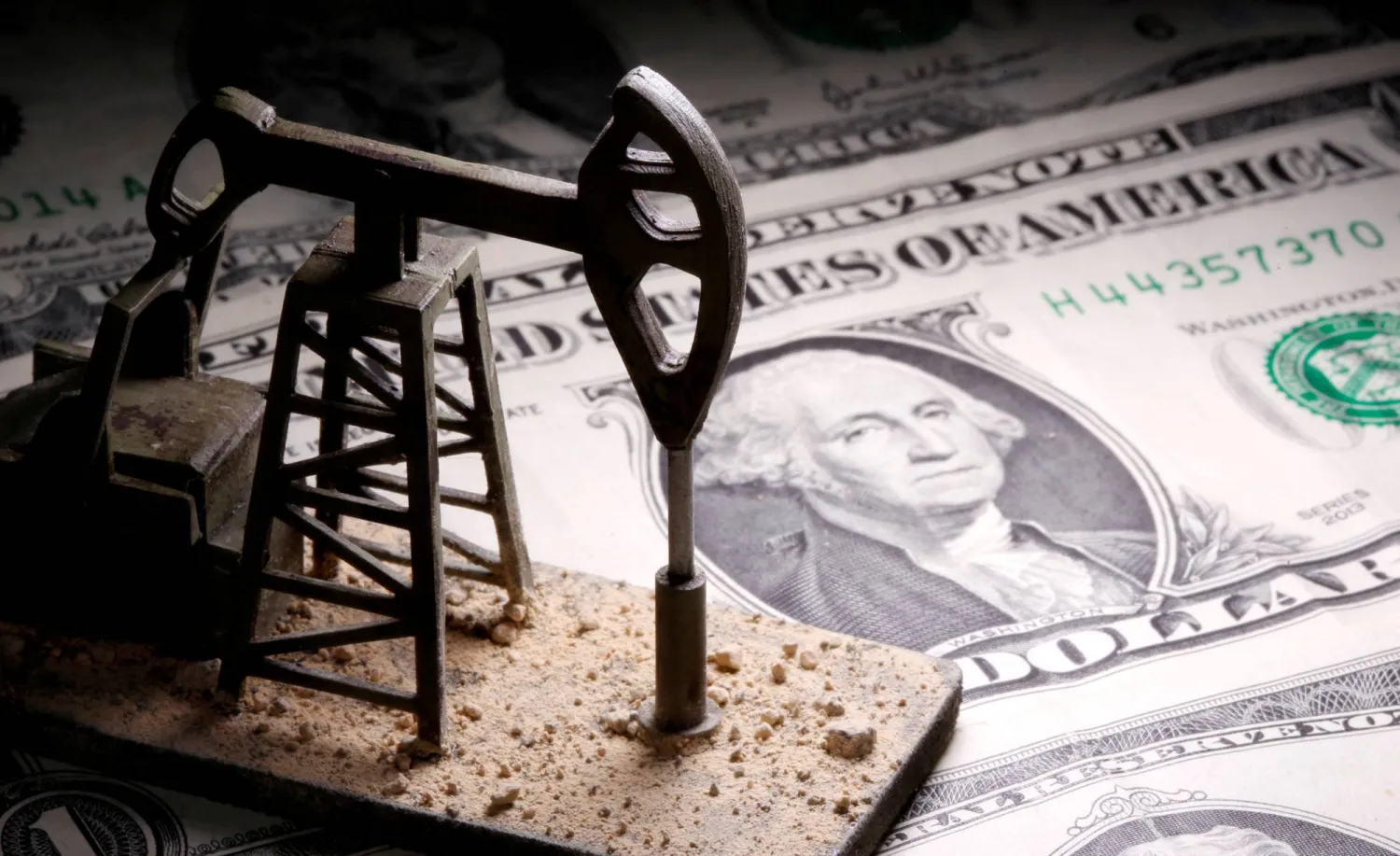World shares were mixed on Wednesday, with European benchmarks mostly higher. Hong Kong’s Hang Seng soared more than 6% while other Asian markets retreated as tensions escalated in the Middle East, The Associated Press reported.
Oil prices extended gains after Iran fired dozens of missiles into Israel, potentially raising the risk of disruptions to supplies. That news overshadowed an upbeat report showing US job openings rose unexpectedly in August as the American labor market continued to show resilience.
A debate Tuesday night between vice presidential candidates Democratic Gov. of Minnesota Tim Walz and Republican senator JD Vance likewise drew scant market attention, analysts said.
“The market’s muted reaction says it all — traders are far more focused on pressing economic concerns and geopolitical risks than on the vice presidential showdown,” Stephen Innes of SPI Asset Management said in a commentary.
Germany's DAX edged 0.1% higher to 19,232.74 and the FTSE 100 in London advanced 0.4% to 8,311.82. In Paris, the CAC 40 picked up 0.5% to 7,611.12.
The future for the S&P 500 was 0.1% lower while that for the Dow Jones Industrial Average gave up 0.2%.
Tokyo's Nikkei 225 lost 2.2% to 37,808.76. It has retreated since the ruling Liberal Democratic Party chose Shigeru Ishiba to lead the government, replacing Fumio Kishida, who stepped aside on Tuesday. Higher energy prices in Japan, which relies heavily on imported oil, gas and coal to power its industries, would add to Ishiba's burdens as he works to pep up the economy.
Hong Kong's Hang Seng roared 6.2% higher to 22,443.73, riding a wave of investor enthusiasm over recent moves by Beijing to rev up the Chinese economy with policies aimed at reviving the ailing property sector and supporting financial markets.
With Shanghai and other markets in China closed, trading crowded into Hong Kong. Hong Kong-traded shares in China Vanke, one of many real estate developers squeezed by a crackdown on borrowing that pushed the industry into a slump, jumped 10%. Longfor Holdings Group rocketed nearly 25% and appliance maker Midea surged 4.2%.
The Hong Kong benchmark is trading at its highest level since early 2023.
Australia's S&P/ASX 200 edged 0.1% lower to 8,198.20 and the Kospi in Seoul lost 1.2% to 2,561.69.
On Tuesday, US stocks retreated from their records, with the S&P 500 dropping 0.9%. The Dow dropped 0.4% and the Nasdaq composite lost 1.5%.
Israel is not a major producer of oil, but Iran is, and the potential for a wider conflict could affect other, neighboring producers of crude. The price for a barrel of benchmark US crude rose as much as 5% on Tuesday before settling 2.4% higher. Brent crude, the international standard, rallied 2.6%.
Early Wednesday, US crude was up $1.51 at $71.34 per barrel. Brent crude climbed $1.45 to $75.01 per barrel.
The all-time high that the S&P 500 set on Monday was its 43rd of the year so far. Stocks had been jumping on hopes the US economy can continue to grow despite a slowdown in the job market, as the Federal Reserve cuts interest rates to give it more juice. The Fed last month lowered its main interest rate for the first time in more than four years, and it’s indicated it will deliver more cuts through next year.
The dominant question hanging over Wall Street is whether the cuts will ultimately prove to be too little, too late after the Fed earlier kept rates at a two-decade high in hopes of braking on the economy enough to stamp out high inflation.
A discouraging report arrived Tuesday, showing US manufacturing weakened by more in September than economists expected.
Another threat to the economy could lie in a strike by dockworkers at 36 ports across the eastern United States that could snarl supply chains and drive up inflation.
The workers are asking for a labor contract that doesn’t allow automation to take their jobs, among other things. Supply chain experts say consumers won’t see an immediate impact because most retailers have stocked up on goods, moving ahead shipments of holiday gift items.









